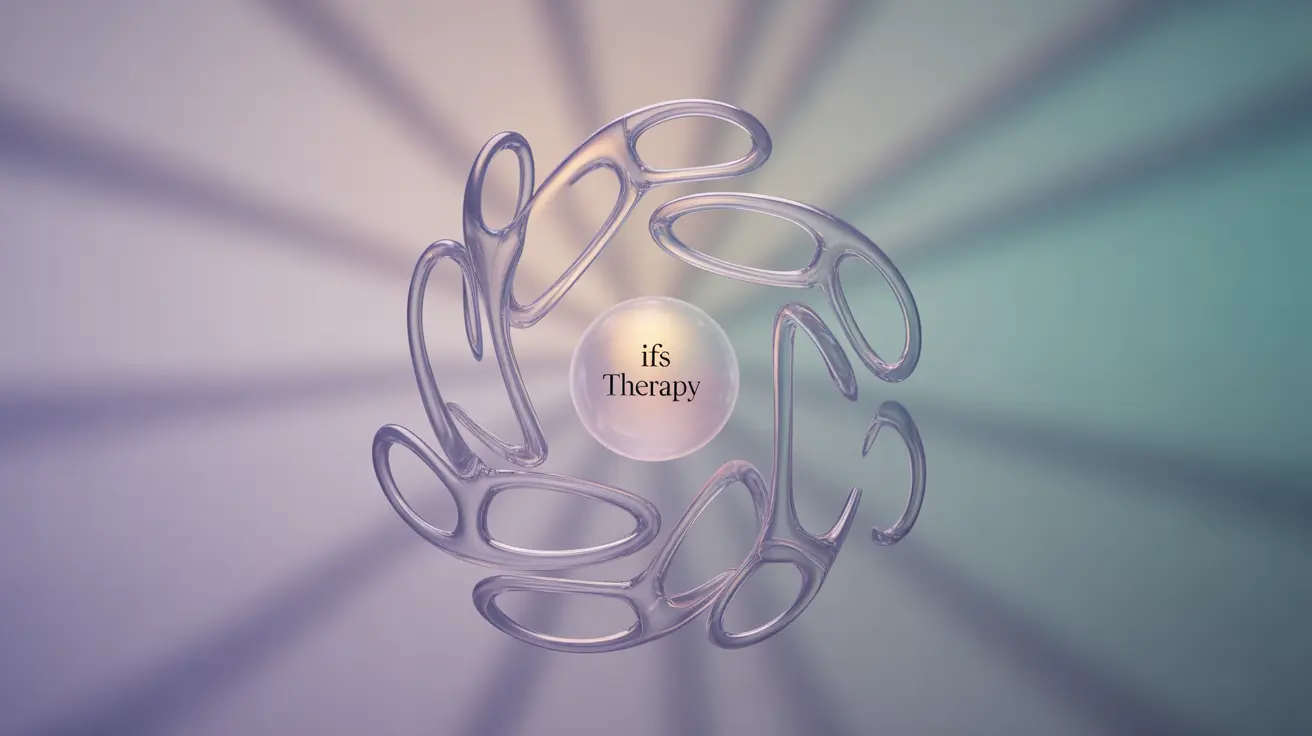Internal Family Systems (IFS) therapy represents a groundbreaking approach to mental health treatment that has gained significant recognition in recent years. This innovative therapeutic model views the mind as naturally multiple and contains various "parts" or subpersonalities, each with unique perspectives, interests, and roles within our internal system.
In this comprehensive guide, we'll explore how IFS therapy works, its core principles, and why it's becoming an increasingly popular choice for mental health treatment. Whether you're considering therapy options or simply wanting to understand this approach better, this article will provide valuable insights into the world of Internal Family Systems therapy.
The Fundamentals of IFS Therapy
IFS therapy was developed by Dr. Richard Schwartz in the 1980s and is based on the premise that our psyche consists of multiple distinct parts, similar to a family system. At the core of this approach is the concept that everyone has a "Self" – the calm, confident, and compassionate leader of our internal system.
The therapy identifies three main types of parts:
- Exiles: Vulnerable parts carrying emotional wounds from the past
- Managers: Protective parts that try to control and prevent emotional pain
- Firefighters: Parts that react when exiles are activated, often through impulsive behaviors
How IFS Therapy Sessions Work
During IFS therapy sessions, therapists guide clients through a process of internal exploration and healing. The approach involves:
- Identifying and acknowledging different parts
- Understanding each part's role and purpose
- Developing a relationship with these parts
- Helping parts release burdens and heal
- Restoring the Self to its natural leadership role
The Unique Benefits of IFS Therapy
IFS therapy offers several distinctive advantages that set it apart from other therapeutic approaches:
- Non-pathologizing approach to mental health
- Promotes self-leadership and internal harmony
- Provides lasting healing through parts work
- Helps develop self-compassion and understanding
- Offers tools for continued personal growth
Applications and Effectiveness
IFS therapy has shown promising results in treating various mental health conditions, including:
- Anxiety and depression
- Complex trauma and PTSD
- Eating disorders
- Relationship issues
- Self-esteem challenges
Frequently Asked Questions
What is Internal Family Systems (IFS) therapy and how does it work?
IFS therapy is a therapeutic approach that views the mind as consisting of multiple parts, each with distinct roles and needs. It works by helping individuals identify and understand these different parts, while strengthening their core "Self" to lead their internal system effectively. The therapy involves working with protective parts and healing wounded parts through a systematic, compassionate approach.
What mental health conditions can IFS therapy help treat?
IFS therapy can effectively treat various mental health conditions, including trauma, anxiety, depression, eating disorders, and complex PTSD. It's particularly helpful for individuals dealing with inner conflict, self-criticism, and relationship difficulties. The approach can also benefit those seeking personal growth and better self-understanding.
How does IFS therapy differ from traditional talk therapy or cognitive behavioral therapy?
Unlike traditional talk therapy or CBT, IFS therapy focuses on internal relationships between different parts of the psyche rather than changing thoughts or behaviors directly. It emphasizes self-leadership and healing through understanding and harmonizing these internal parts, rather than challenging or replacing thought patterns.
What are the main benefits of undergoing IFS therapy?
The main benefits include improved self-awareness, better emotional regulation, reduced internal conflict, increased self-compassion, and lasting healing from past trauma. IFS therapy also provides tools for ongoing personal growth and better relationship management.
Who can benefit most from Internal Family Systems therapy?
IFS therapy can benefit anyone seeking deeper self-understanding and emotional healing. It's particularly effective for individuals dealing with trauma, those struggling with internal conflict or self-criticism, and people looking to improve their relationships with themselves and others. The approach is also valuable for those who haven't found success with more traditional therapeutic methods.




